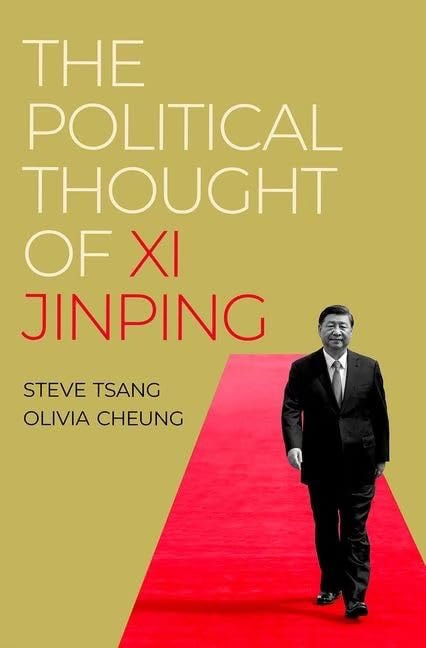Xi Jinping Thought
'The Political Thought of Xi Jinping': Geoff Raby, 'Party of One: The Rise of Xi Jinping & China’s Superpower Status': Marc Jacobs, 'The Reformer' by Qiushi CPC Central Committee Bimonthly.
The Political Thought of Xi Jinping
By Steve Tsang and Olivia Cheung (Oxford University Press £22.99 hb, 272 pp)
Two of the defining figures of our age are China’s President Xi Jinping and Russia’s President Vladimir Putin. Both are authoritarian rulers intent on reshaping the global Western-led order. They despise and mistrust the United States equally,…



